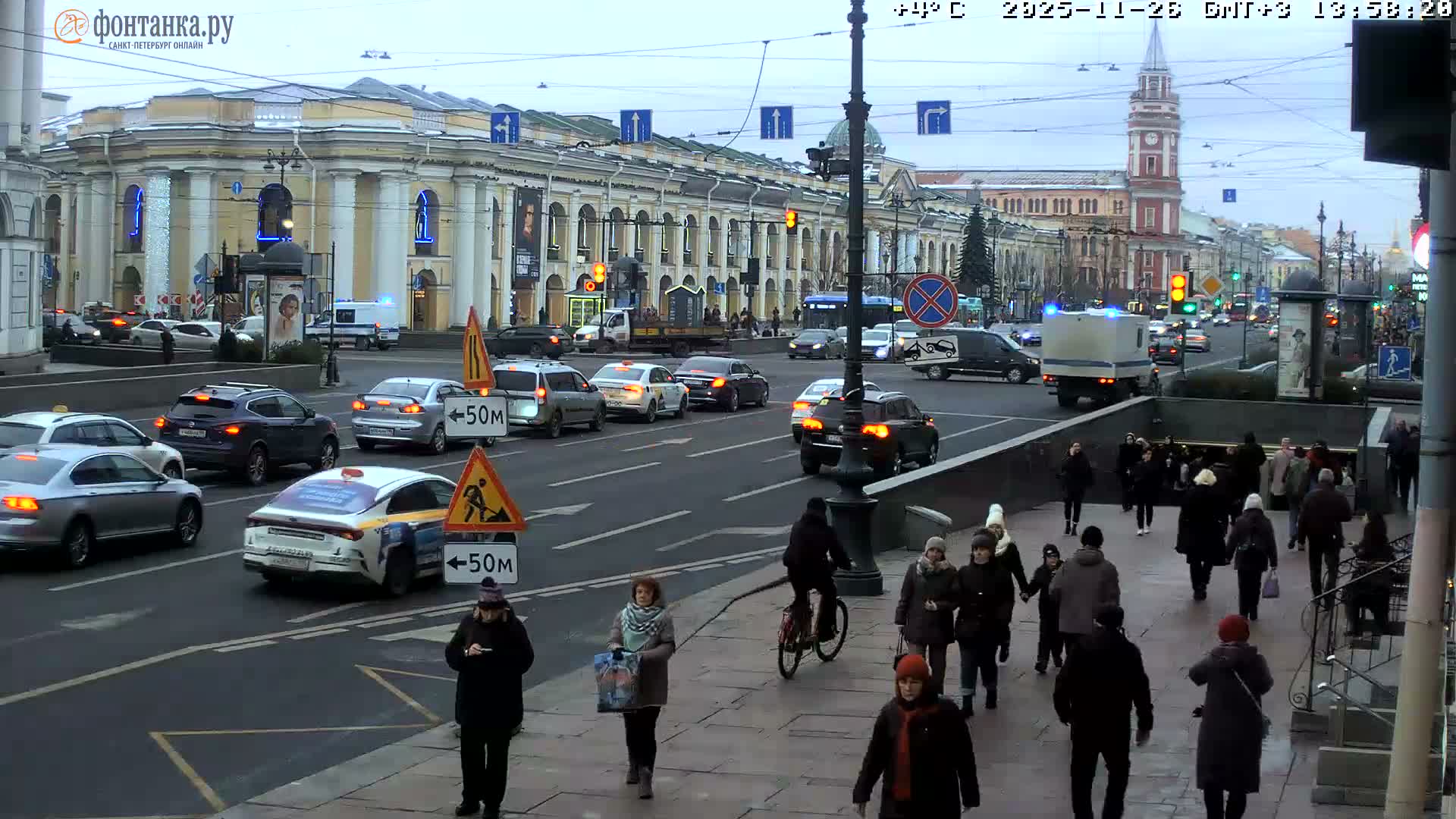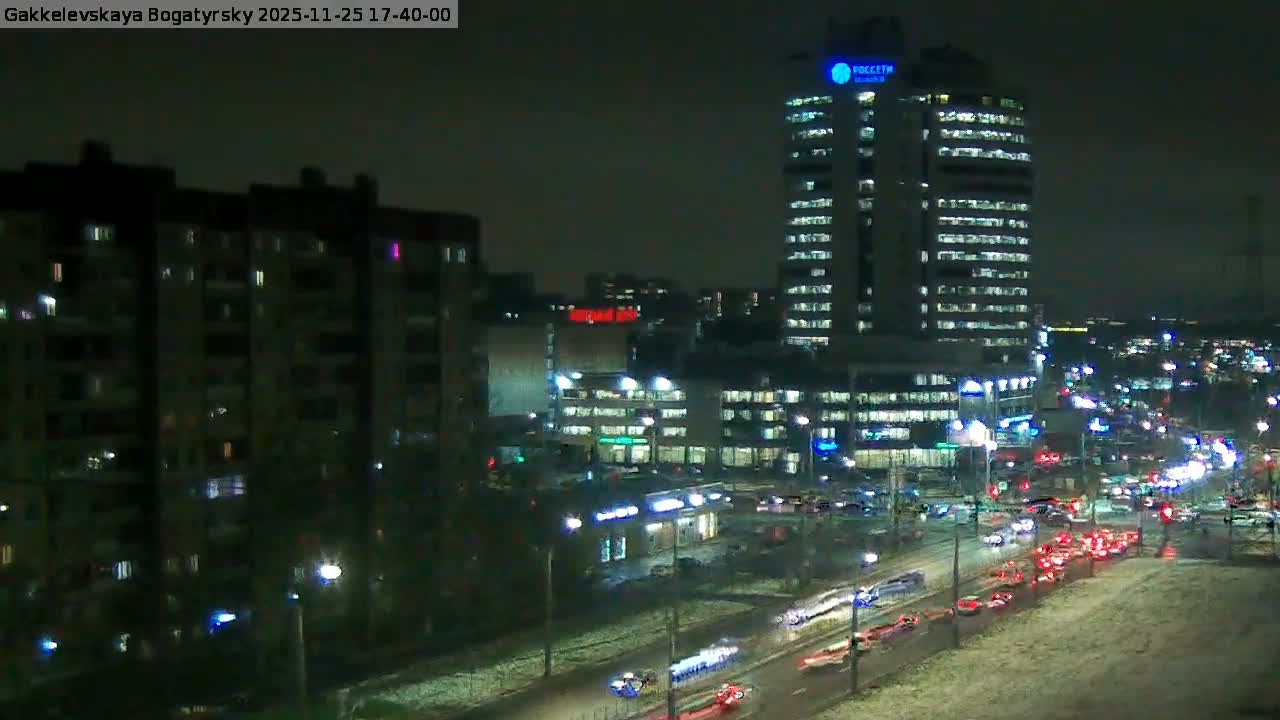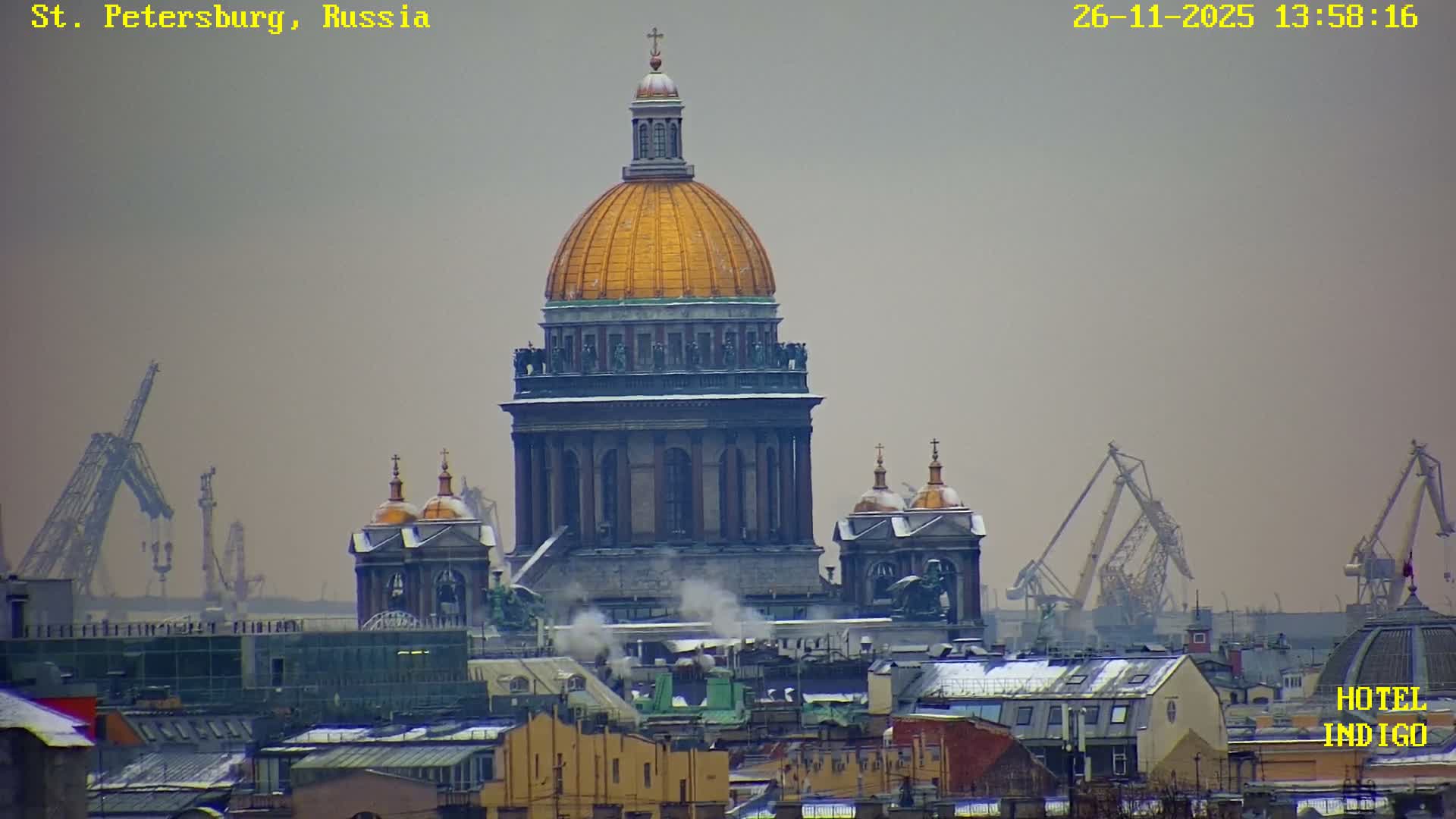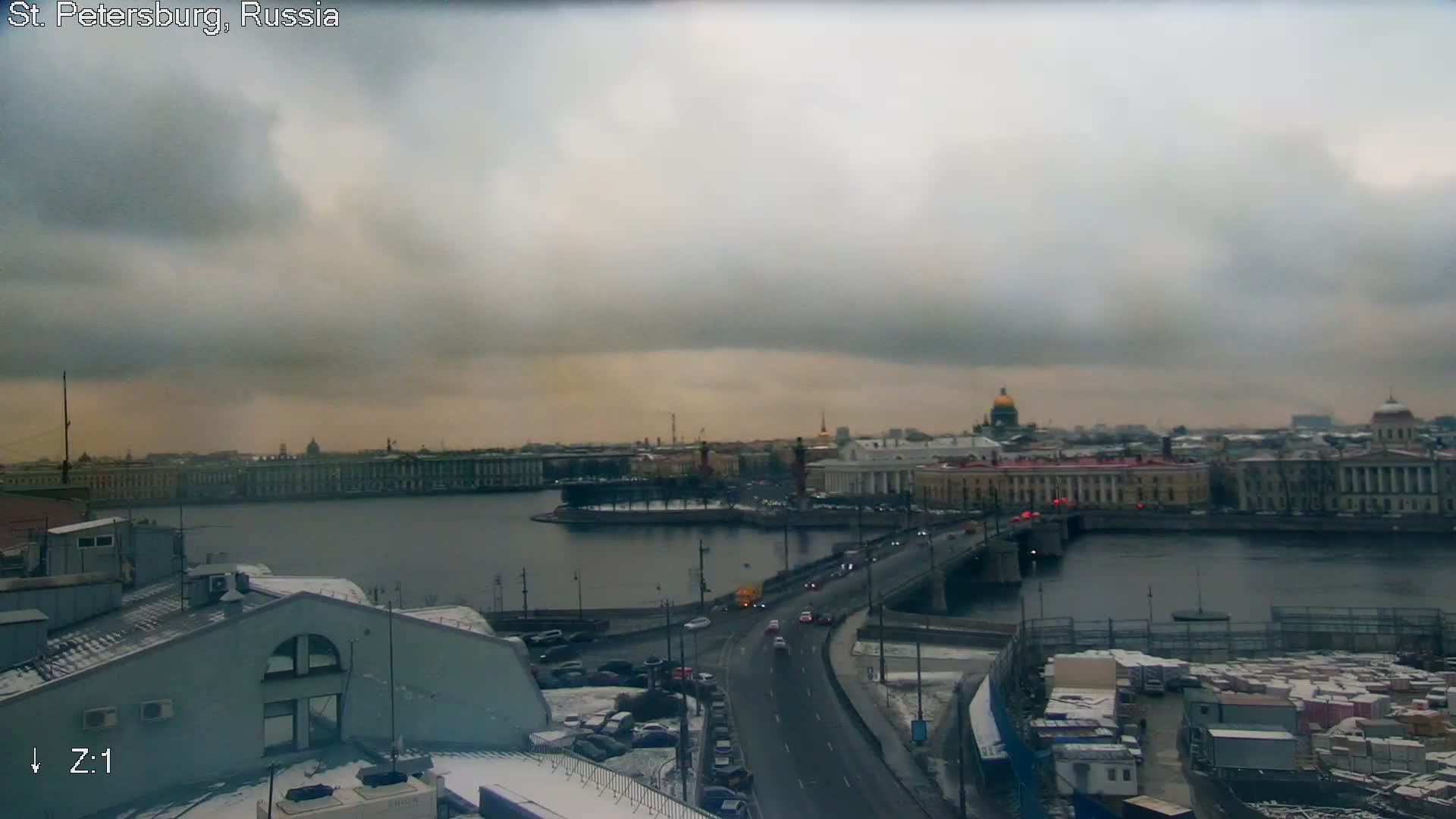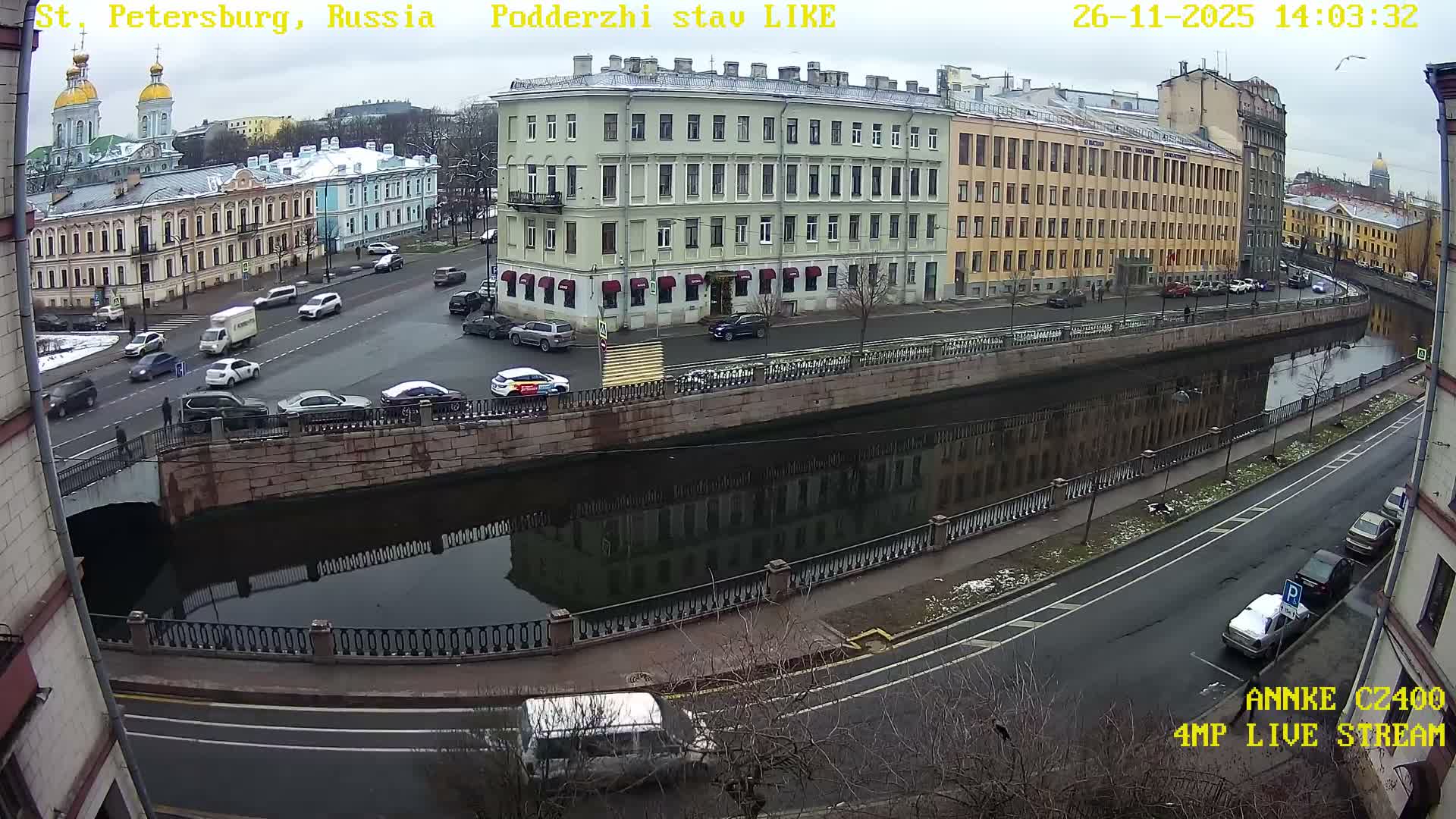Putin's Stance on Peace Talks: Analyzing Potential Demands & Concessions for a Ukraine Settlement
 Russia
International Relations & Diplomacy
Russia
International Relations & Diplomacy
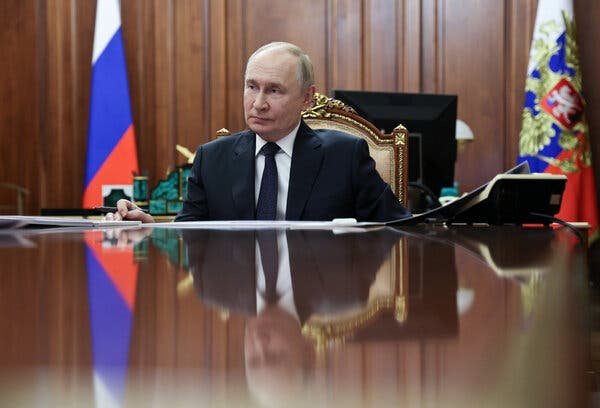
Explore the critical question of what Russian President Vladimir Putin might accept in potential peace talks. Analysis delves into key demands and potential con
Note: The original article content could not be retrieved due to an access error (403 Client Error: Forbidden).
However, the original title, "The Question Hanging Over Peace Talks: What Will Putin Accept?", points to one of the most critical and enduring questions in contemporary international relations, particularly regarding the ongoing conflict in Ukraine. While the specific details of the inaccessible report are unknown, we can explore the broader context and implications of this central diplomatic dilemma.
Putin's Potential Stance: A Diplomatic Enigma
At the heart of any hypothetical peace negotiations lies the formidable challenge of discerning Russian President Vladimir Putin's ultimate acceptable terms. His "red lines" and non-negotiables are subjects of intense global analysis and strategic debate. Experts frequently ponder whether a sustainable resolution would necessitate significant territorial concessions from Ukraine, robust security guarantees precluding NATO expansion, or a definitive commitment to Ukraine's neutral status. Each of these potential demands carries profound implications for international law, the principle of state sovereignty, and the broader architecture of European security.
Bridging Irreconcilable Positions
The path to a lasting peace is further complicated by the often-maximalist positions held by all parties involved. For Ukraine and its Western allies, the unwavering commitment to territorial integrity and sovereignty is a foundational principle, making significant territorial or political concessions exceptionally difficult to entertain. Conversely, Russia's negotiating position is likely anchored in its perceived security interests and the territorial gains solidified during the conflict. The arduous task of reconciling these deeply entrenched and seemingly incompatible objectives demands extraordinary diplomatic skill, a willingness for compromise from all sides, and a nuanced understanding of each actor's strategic imperatives.
The Global Repercussions of a Peace Deal
Ultimately, the definitive answer to the question of "What will Putin accept?" will serve as a pivotal determinant for the future trajectory of the conflict and the broader landscape of European security. The international community remains keenly observant, recognizing that the precise terms of any eventual peace agreement would resonate far beyond the immediate belligerents. Such an accord has the potential to reshape geopolitical alliances, influence global economic stability, and set precedents for international conflict resolution for decades to come. Until a clearer and more definitive picture emerges from behind closed doors, this crucial question continues to fuel pervasive speculation and intense diplomatic efforts worldwide.

